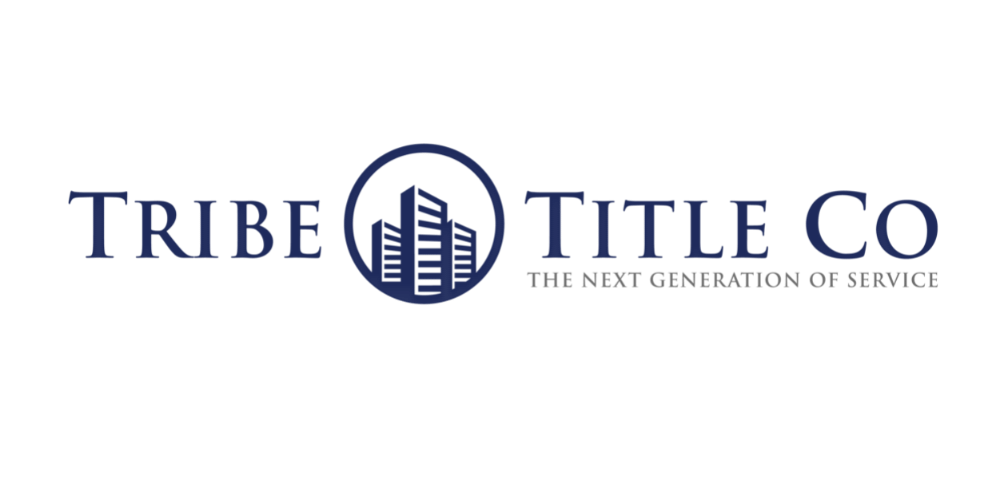
FAQS
Here you will find questions and answers that may help you understand the processes and procedures involved in a successful real estate transaction. If you have additional questions that are not listed. here, please reach out to us! We would love to hear from you!
GET FAST AND ACCURATE CLOSINGS
-
Also known as “closing”; closing is part of the process by which ownership of a property is transferred from one party to another. Completing all of the steps necessary for the final contracts to be signed takes about a month, but in some cases, closing can take from 30 to 90 days.
-
Buyers and sellers need to bring approved photo identification, such as a valid driver’s license. Confirm with your settlement agent about the form in which any money you owe should be submitted.
-
Closing costs cover the services required for a property to change hands. Services required to process the property transaction include title work, appraisals, inspections, document preparation, recording fees and other expenses. At closing, you’ll also face the cost for “pre-paid items,” which cost another 1% to 2% of the purchase price. The pre-paid items usually cover upfront payment of typical “year one” costs of home ownership, such as homeowner’s insurance premiums and real estate taxes.
-
Although they vary by state, typically, closing costs total 1% to 2% of the home’s purchase price. Closing costs generally cover:
Mortgage Costs: Loan origination fee, document preparation, points, commitment fee, underwriting fee.
Outside Vendor Costs: Appraisal, credit report, flood determination fee.
Title Costs: ”Closing” Settlement fee, title/abstract search, title insurance premium (for the lender’s and owner’s policies).
Government Fees: Title recording and transfer tax fees.
-
An escrow is an arrangement in which a neutral third party, called an escrow holder, holds legal documents and funds on behalf of a buyer and seller. The escrow holder distributes funds and documents according to the buyer’s and seller’s instructions. By acting as a neutral third party on behalf of the buyer and seller, the escrow holder can save time and facilitate the real estate closing.
-
Buying a home is one of the biggest decisions and financial investments you’ll ever make. To the extent of the matters set forth in the policy, an owner’s title insurance policy provides certain protections in connection with title mistakes and irregularities that occurred prior to the issuance of the policy. Dollar for dollar, it’s one of the most cost-efficient forms of insurance for homeowners. The relatively low, one-time title insurance premium covers you against pre-policy title defects that could otherwise cost tens of thousands of dollars and even the loss of your home, for as long as you own your home.
-
We function as an impartial entity, neither employed by the buyer nor the seller, and can facilitate the closing of a sale neutrally. We also ensure that all the necessary paperwork is collected from both sides, filled in and signed properly, and filed with the proper agencies and authorities. Having that extra set of eyes looking over the transaction can help both the buyer and seller avoid making costly mistakes.
